Lonely and depressed — but not alone
After a lifetime of feeling isolated, Moth Wygal finds connection thanks to treatment and support from Kaiser Permanente mental health professionals.
“I found a fantastic group of people who all value open and honest communication,” says Wygal. “I feel very lucky.”
From a young age, Moth Wygal found it difficult to connect with people.
Beginning at age 12, Wygal (who uses “they” and “them” pronouns) was bullied and excluded. They had low self-esteem, felt lonely and depressed, and struggled to make friends.
“I felt like I didn’t understand other people, and other people didn’t understand me,” Wygal said. “Things that seemed to come so naturally to other people didn’t come naturally to me.”
Wygal began misusing alcohol and drugs. At age 16, they attempted suicide.
Epidemic of loneliness
About 1 in 2 adults in the United States report experiencing loneliness, according to recent studies. Some of the highest rates are among young adults. A 2023 U.S. Surgeon General Advisory calls loneliness and isolation an epidemic.
“Social isolation affects both our mental and physical health,” said Don Mordecai, MD, Kaiser Permanente’s national mental health leader. “Persistent disconnection and loneliness have been linked to an increased risk for depression, anxiety, substance misuse, and suicidal thoughts. Physical consequences can include a greater likelihood of heart disease and stroke.”
Finding support
After their suicide attempt, Wygal attended an inpatient psychiatric program at Kaiser Permanente in Oregon. They began seeing Grant Partridge, a mental health counselor, and also participated in group therapy.
“Grant helped me understand that everyone feels isolated and alone sometimes,” Wygal said. “He helped me take it to heart for the first time in my life that I’m not the only person who feels this way.”
But Wygal’s feelings of loneliness and sadness didn’t simply disappear. A few years later, when their college stopped offering in-person classes due to the COVID-19 pandemic, they felt more isolated than ever.
“The pandemic was the loneliest time in my life,” Wygal said. “Online classes didn’t work for me, so I dropped out of school. I didn’t have a job. I didn’t have many friends, and it was hard to make new ones. I just felt so trapped.”
After 2 years of isolation and setbacks, Wygal decided to start therapy again. Their therapist helped them set specific goals and work hard to achieve them.
“I used to think the goal of therapy was to try to feel happy,” Wygal said. “But it’s too easy to beat myself up and feel like I’ve failed when I don’t feel happy all the time. Focusing on increasing my energy and motivation was a much more achievable goal for me.”
Connection and community
Wygal found a job at a neighborhood grocery store. They’ve made a lot of friends there and even met their partner. These were all goals Wygal set in therapy.
“I feel very happy with my social life now,” Wygal said. “I found a fantastic group of people who all value open and honest communication. Many of us are dealing with different mental health conditions, so we all understand and validate each other. I feel very lucky.”
Wygal continues to receive treatment with medication and regular therapy sessions. When needed, they’ve found additional support through an intensive outpatient program for young adults at Kaiser Permanente.
In the fall of 2023, Han-Chun Liang, MD, a psychiatrist, diagnosed Wygal with autism. That diagnosis has helped Wygal understand better why social interactions often felt difficult and overwhelming.
“It’s important for young people who are dealing with loneliness to know they have people present in their lives who they can depend on,” said Dr. Liang. “If you are concerned about someone, reach out to let them know they are not alone. By offering your support, you might be part of the hope and connection they’re looking for.”
Get help if you need it
If you or someone you know is having a mental health crisis, including thoughts of suicide, help is available:
- Kaiser Permanente members can get connected to care at kp.org/mentalhealth.
- The 988 Suicide & Crisis Lifeline is available by calling or texting 988. There is also an online chat at 988lifeline.org.
- If you or someone you know needs immediate emergency medical services for a mental health crisis, including thoughts of suicide, call 911 or go to the nearest emergency room.
-
Social Share
- Share Lonely and Depressed — But Not Alone on Pinterest
- Share Lonely and Depressed — But Not Alone on LinkedIn
- Share Lonely and Depressed — But Not Alone on Twitter
- Share Lonely and Depressed — But Not Alone on Facebook
- Print Lonely and Depressed — But Not Alone
- Email Lonely and Depressed — But Not Alone

May 7, 2025
How to cope with anxiety after childbirth
As a new mother, Cherissa Ong was overwhelmed by stress. A mental health …

March 29, 2025
We are meeting mental health care access requirements
The investments we’ve made over the last several years have resulted in …

February 25, 2025
Providing care to trauma survivors
Kaiser Permanente has been at the forefront of recognizing how trauma impacts …

January 22, 2025
A preteen overcomes anxiety and suicidal thoughts
A young Kaiser Permanente member speaks up to gain the mental health support …

December 13, 2024
How to stay happy and healthy over the holidays
Sammie LaMont Moss, MD, a psychiatrist for Kaiser Permanente in Colorado, …

October 10, 2024
Child anxiety relief: Therapy gets a digital boost
Shiloh Sevin’s well-being improves thanks to her psychologist and the Calm …

October 4, 2024
Study shows new way to prevent suicides
Primary care teams can make a big difference in their patients’ lives, …

October 4, 2024
Teacher learns about herself and how to live with anxiety
A lifelong educator seeks behavioral health care to manage repetitive worries, …

October 1, 2024
From depression to connection: Older adult finds her way
After a long period of loneliness and isolation, Roberta Maguire gets the …

September 27, 2024
Youth suicide in the digital age is raising concerns
Young people face growing pressures from social media, school, and other …
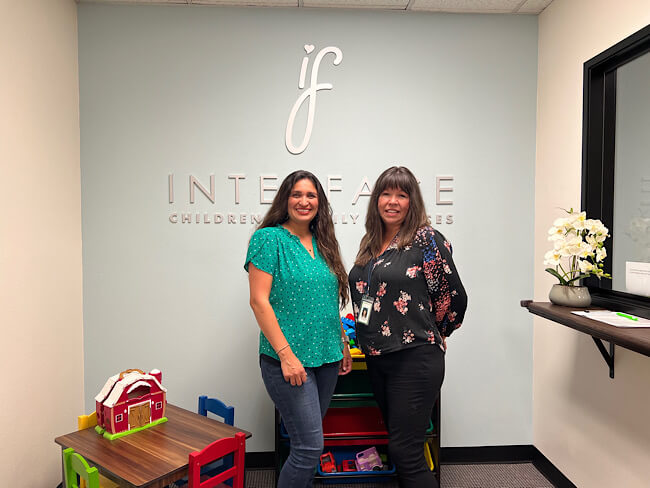
September 27, 2024
Traumatized children find mental health therapy beneficial
A Ventura County community-based nonprofit provides counselors to help …

September 17, 2024
A Latina’s voice in mental health is impactful with her clients
Connecting through a shared heritage gives one therapist a unique perspective …
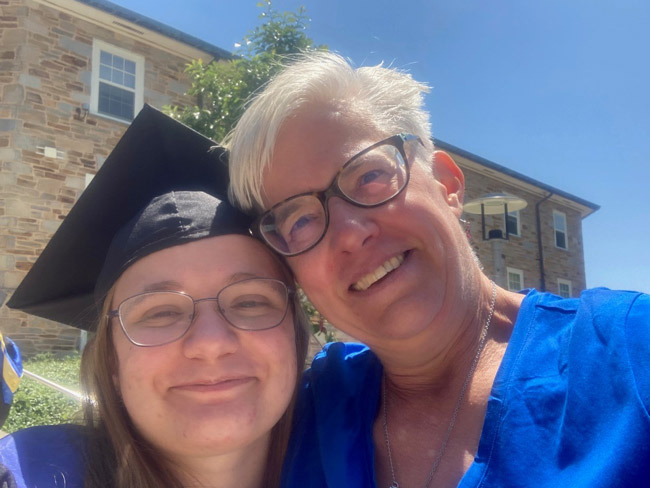
August 16, 2024
After severe depression, a ‘rainbow lit up my sky’
Shannon Parkin survived 7 suicide attempts. She shares her story of hope …

July 11, 2024
Transforming education and mental health in Watts
Our investment in the Watts neighborhood of California, in partnership …

June 27, 2024
5 facts about autism
A Kaiser Permanente doctor shares key details. By learning more about autism, …
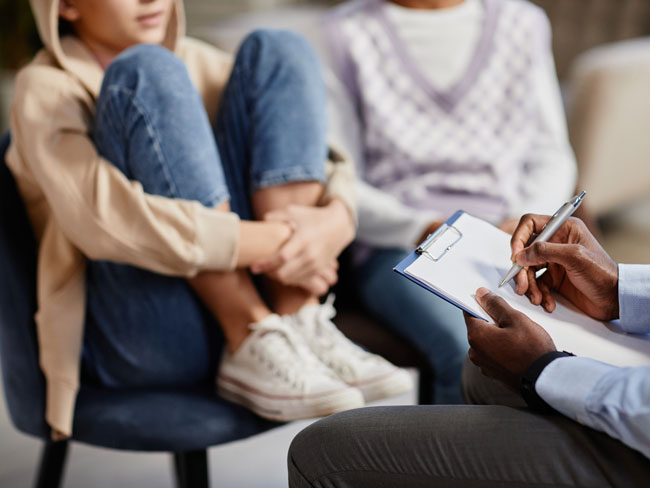
May 14, 2024
A key ally in navigating mental health care for kids
Behavioral health consultants can provide a better understanding of often …

April 10, 2024
For a new mom, talking about her worries helped her heal
One in 5 people experience depression, anxiety, or other mental health …

February 21, 2024
From planning his funeral to celebrating his wedding
Gabriel Abarca had no hope for his future. Then the team at Kaiser Permanente …

February 12, 2024
Proposition 1 would bolster mental health care in California
Kaiser Permanente supports the ballot measure to expand and improve mental …

January 29, 2024
Empowering minds to help others thrive
Supporting behavioral and mental health in communities where needs are …

January 22, 2024
Solutions for strengthening the mental health care workforce
Better public policies can help address the challenges. We encourage policymaker …
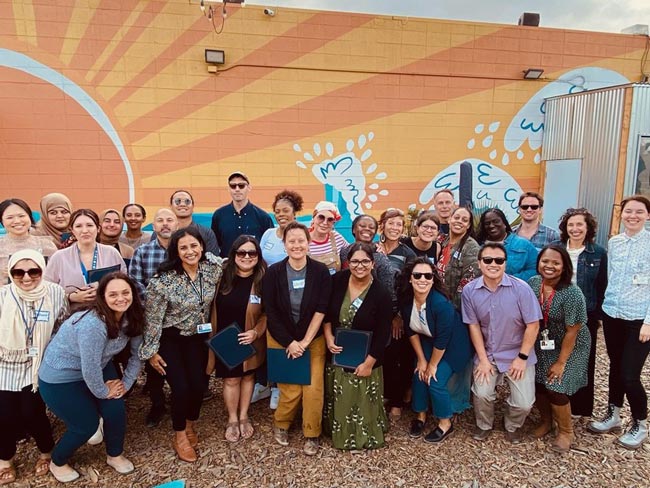
January 3, 2024
Addressing the shortage of mental health workers
There aren’t enough mental health professionals in the U.S. to meet the …

December 7, 2023
Safe, secure housing is a must for health
We offer housing-related legal help to prevent evictions and remove barriers …

November 29, 2023
Tapping into an array of mental health options
Pavan Somusetty, MD, explains how people who need support and guidance …

October 24, 2023
Childhood anxiety: What parents need to know
A child and adolescent psychiatrist shares tips on supporting your child …

October 11, 2023
Bridging the mental health gap
Kaiser Permanente’s partnership with Fontana Unified School District brings …

September 27, 2023
Harvest your power
Use biofeedback to help manage stress.

September 27, 2023
From suicide survivor to mental health advocate
Former Major League Baseball player Drew Robinson shares his story of hope …

September 13, 2023
Mental health champion: A mission inspired by personal loss
San Diego Wave Fútbol Club star defender Naomi Girma, Kaiser Permanente …
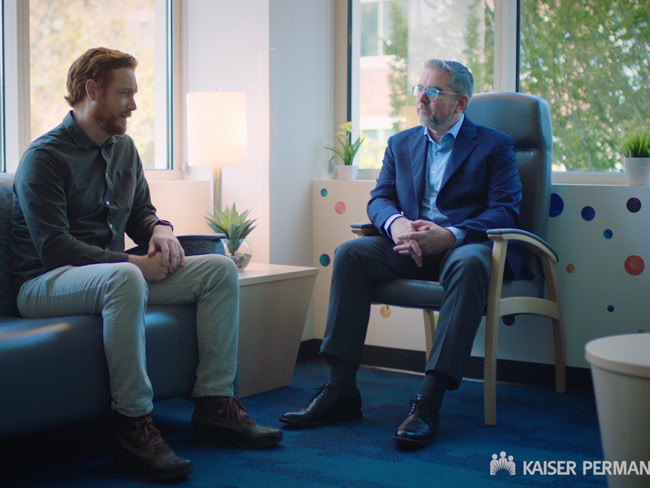
September 6, 2023
Recovery from addiction is possible
Our clinicians help patients get the care they need to move forward with …

August 28, 2023
Grants improve the total health of our communities
Kaiser Permanente increases access to mental health services in Southern …

August 10, 2023
Successfully navigating the school year
These tips from Don Mordecai, MD, Kaiser Permanente’s national mental health …

June 30, 2023
Men's mental well-being is a priority
Unique challenges and societal pressures can impact men’s emotional well-being.

June 28, 2023
Making waves to empower young girls
Kaiser Permanente and the San Diego Wave Fútbol Club host a second Wave …

June 23, 2023
Get the mental health support you need
Kaiser Permanente is here to help with care and valuable tools to support …

June 21, 2023
And that’s why they call postpartum the blues
Take time to adjust to a new baby and lifestyle changes — and reach out …
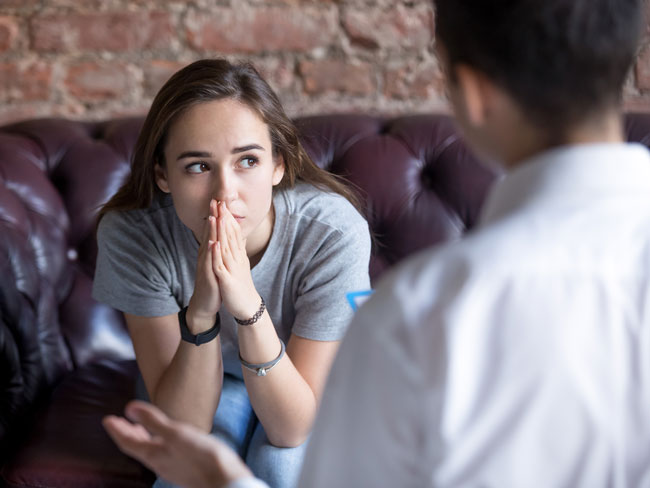
June 9, 2023
Mental health, addiction, and the power of a peer
Shared experience helps young people in Oregon build confidence for their …

June 7, 2023
Teen social media use may lead to depression
Creating a healthy relationship with social media can help safeguard the …
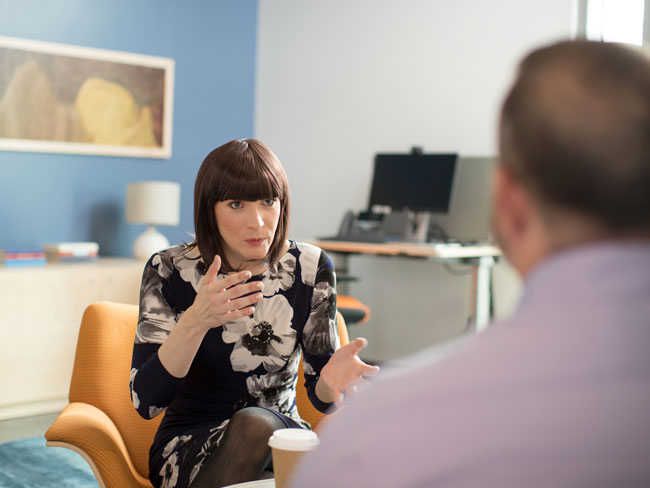
June 5, 2023
Understanding and living with bipolar disorder
A Kaiser Permanente member shares his personal journey of navigating bipolar …
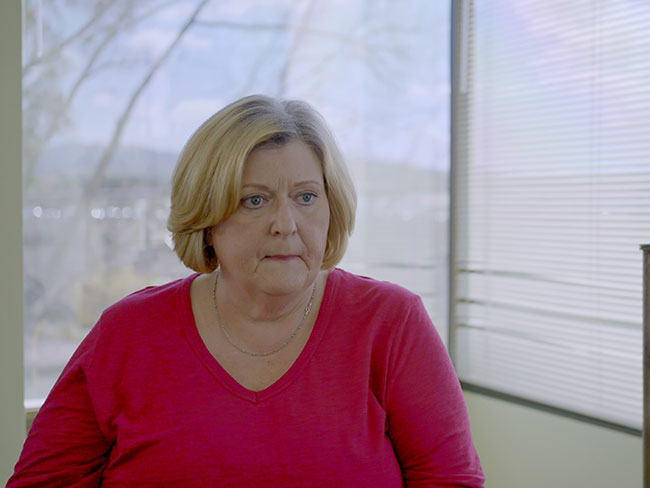
May 22, 2023
Sidelined by injury, a former nurse seeks depression care
Susan Sandhu struggled to find meaning in her life after an injury forced …
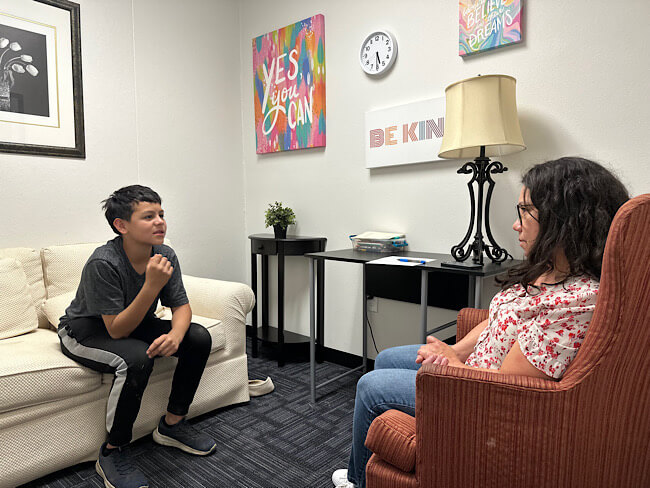
May 18, 2023
Addressing mental health trauma in a local community
Trauma-informed outreach efforts in Orange County are being recognized …

May 16, 2023
Managing trauma does not need to be traumatic
Expanded access to high-quality, affordable mental health care supports …

May 9, 2023
School shootings provoke anxiety in many children
Child psychiatrist defines anxiety, its symptoms, how to address it, and …
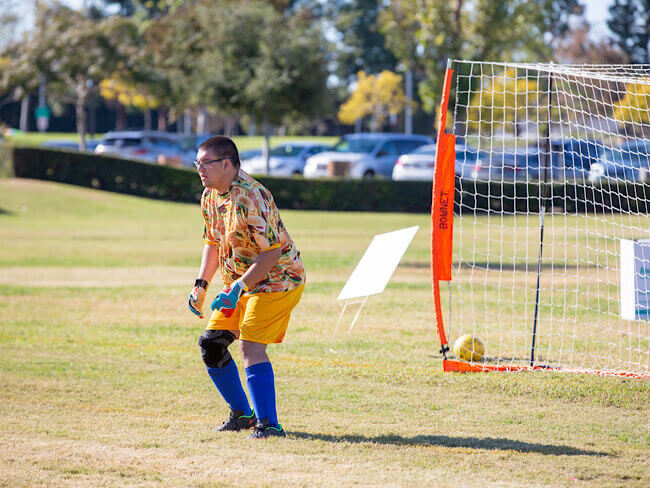
March 29, 2023
Volunteering helps create healthier communities
Kaiser Permanente’s partnership with Special Olympics Southern California …
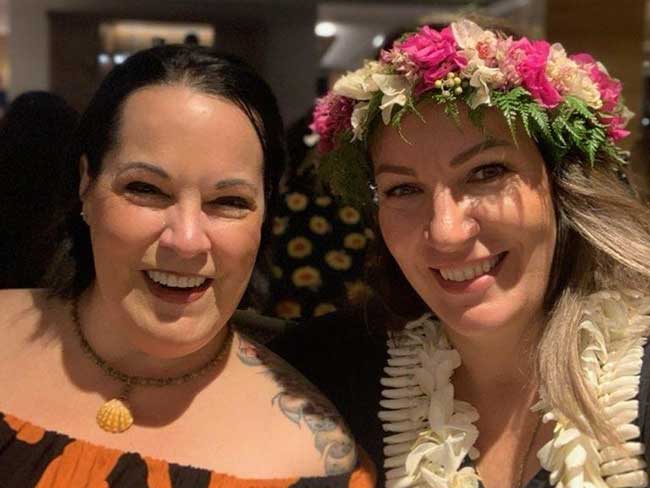
March 24, 2023
Finding hope after a mental health and addiction crisis
Treatment for bipolar disorder and opiate addiction helps a Kaiser Permanente …

March 16, 2023
Supporting our children after acts of mass violence
Southern California psychiatrist offers practical advice for parents to …

March 13, 2023
Making waves with our first female sports ambassador
Kaiser Permanente in Southern California partners with San Diego Wave Fútbol …

March 7, 2023
For moments when you may not need to see a therapist
Kaiser Permanente provides members with convenient ways to improve their …

February 23, 2023
Eating disorders on the rise among teens
Expert shares 5 valuable tips for parents and guardians to help children …

January 19, 2023
Understanding stress and how to manage it
A Kaiser Permanente psychiatrist shares advice for coping when stress won't …
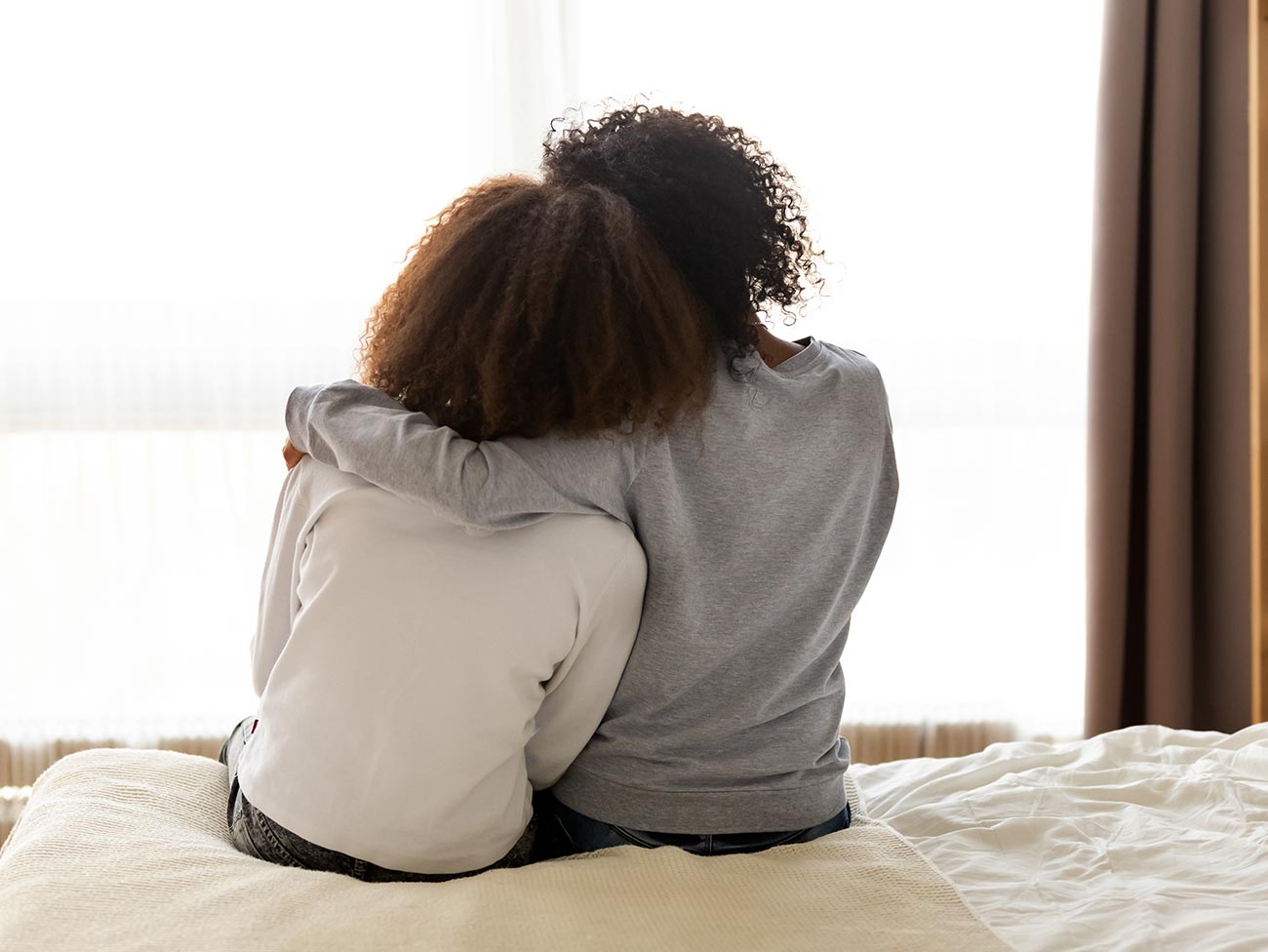
September 7, 2022
How you can help prevent suicide
When someone you care about is struggling, it can be hard to know what …

August 29, 2022
For student athletes, mental wellness is a game changer
A sports medicine physician and mental health therapist discuss the mind-body …
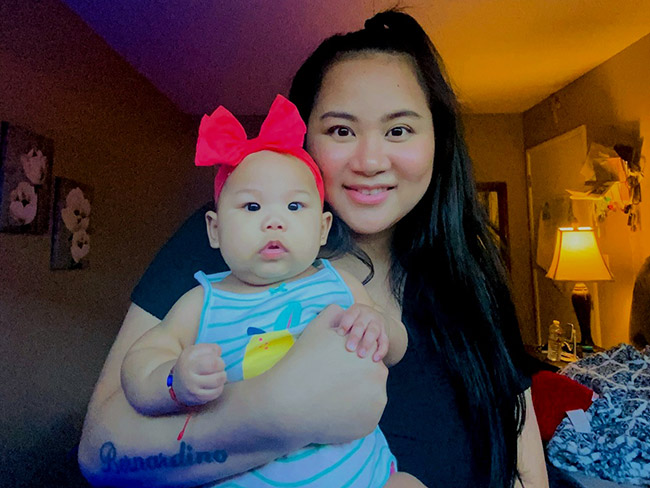
August 3, 2022
Supporting new moms in the postpartum period
By reaching out early and providing care that’s personalized to parents’ …

June 23, 2022
Collaborative care for serious mental health conditions
An innovative telehealth program gives patients direct access to pharmacists …

June 16, 2022
Leadership and innovation to prevent gun injuries and deaths
Kaiser Permanente’s new Center for Gun Violence Research and Education …

May 25, 2022
Be a source of comfort and calm
Trusted conversations help youth feel safe when community violence occurs.
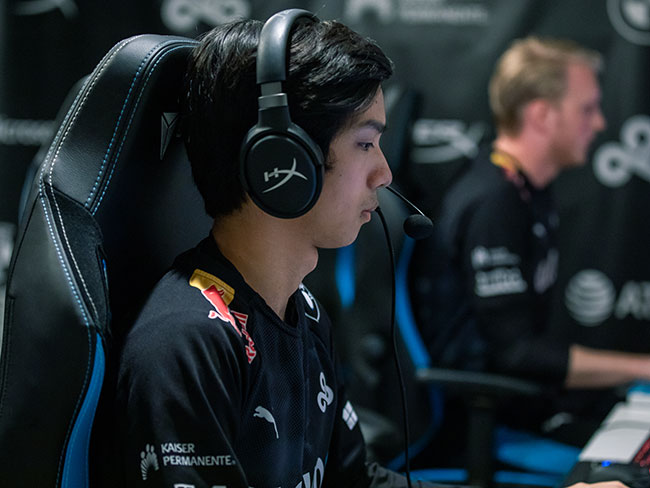
May 18, 2022
Initiative improves mental health in gaming community
Newly released results show the Presence of Mind initiative can be an effective …
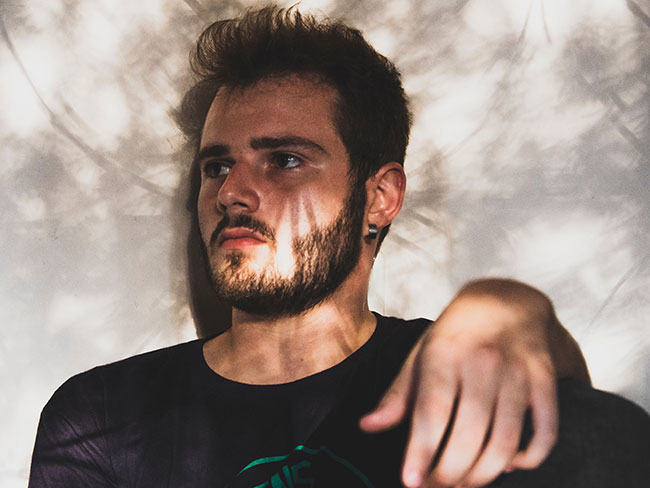
May 3, 2022
One pill can kill: Understanding the risks of fentanyl
As overdose deaths skyrocket, an addiction medicine specialist explains …
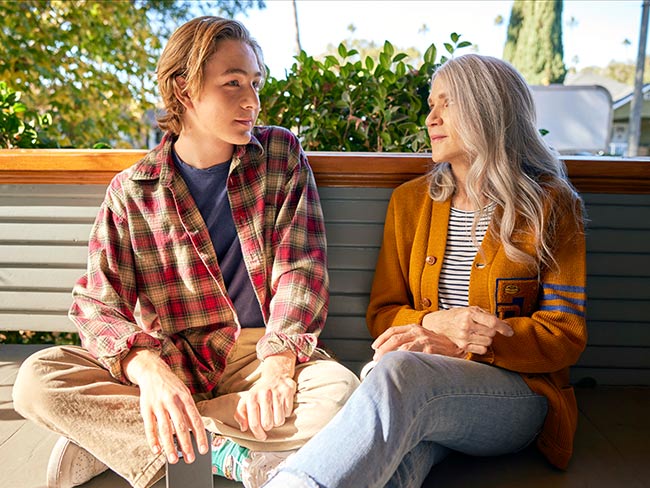
March 4, 2022
Online quiz helps predict likelihood of teen substance use
Assessment helps parents and caregivers intervene early when kids are at …

October 28, 2021
When things fell apart, telehealth was her lifeline
Stuck at home during the pandemic, a Kaiser Permanente member with autoimmune …
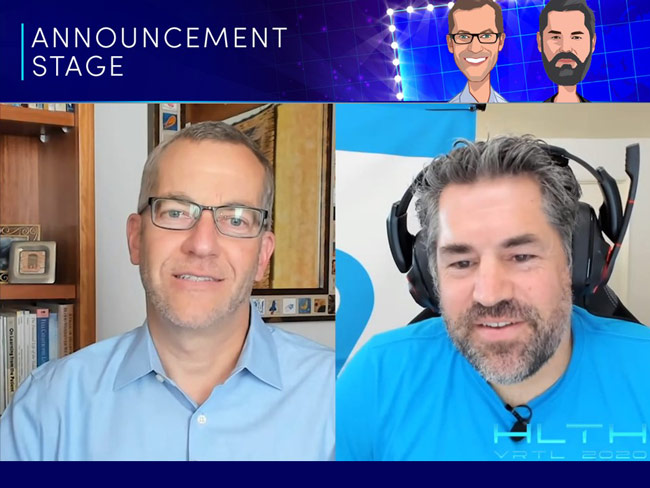
October 27, 2020
Sharing an innovative approach to youth mental health
Don Mordecai, MD, Kaiser Permanente’s national leader for mental health …